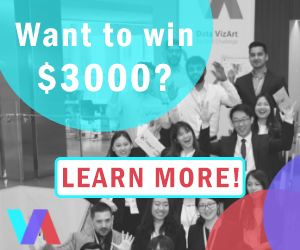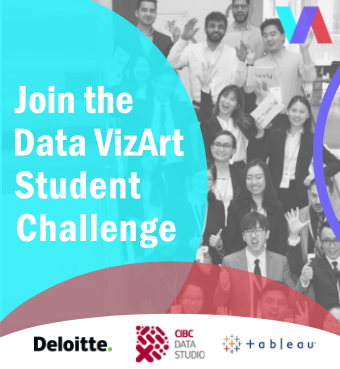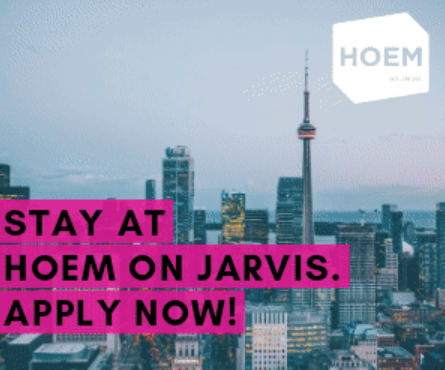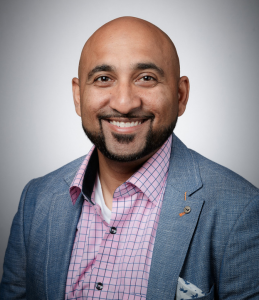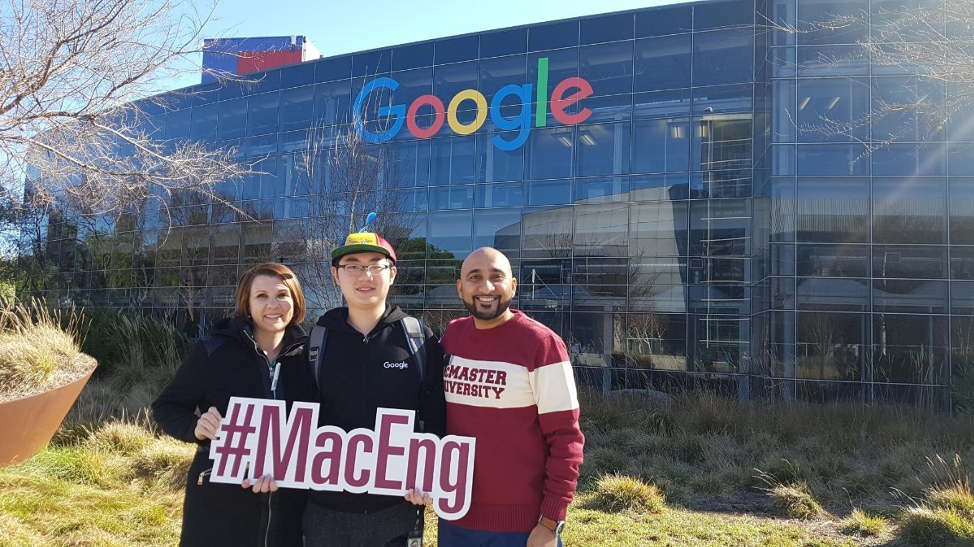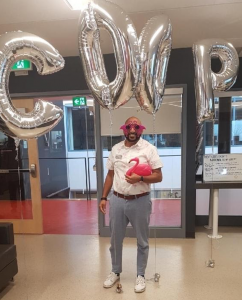In 2019, TalentEgg is proud to celebrate its 11th anniversary. For over a decade, TalentEgg has specialized in being the most preferred job board and career resource for students and recent grads in Canada. Something unique about our demographic is that we’re finding students and grads that found their first jobs on TalentEgg are now coming back to us for their second or third jobs in their careers. As a trusted source for all things career, our users are looking for more experienced and intermediate roles, which means we can reach even more candidates to fill your recruitment gaps. To learn more about early career professionals, we eggs-panded our TalentEgg Survey to get their insight about the workplace, what they look for in an employer and what they’re searching for in their careers. We’ve already revealed some of our findings throughout this Guide but wanted to dedicate a little more attention to this cohort. Our once young millennials have grown up, and here’s what they’re searching for.
Out of the early career respondents, 41% have been with 1 employer since graduation and 41% have stayed in the same role since graduation. However, 72% are actively looking for a new position with an employer. The common theme? They’re looking for growth and aren’t necessarily finding it at their current place of work. Career path and growth is consistently the number one factor that both students, grads and early career professionals are looking for in a potential employer. So it’s no surprise that 59% say they want more job opportunities shared with them.
We found that 94% of early career professionals are interested in taking additional training and certificates, including one-on-one career coaching. We also discovered that 61% of early career professionals have already taken additional training/certificate programs beyond their undergraduate degree. This demonstrates that there is a clear desire for additional training. This presents an opportunity to develop a generation of young professionals who are looking to continue on their career path, potentially improving employee engagement and retention. Don’t let your onboarding investments go to waste. If your organization prides itself on developing its people, then make sure you’re highlighting this to not only current employees, but to new candidates as well.
Since early career professionals are the millennial generation, they are digitally savvy and want to receive information in a similar manner to students – via social media. Instagram is the number one preferred platform for early career and, as they get older, they start to rely on social media and online resources for their career information instead of their parents and family members.
With TalentEgg’s paid social media campaigns, targeted email blasts and geo-fenced mobile marketing campaigns, we can target early career professionals looking to make the next step in their career as well as provide you support for your campus recruitment.
With this strategic approach, we can add value to your talent attraction and recruitment efforts and your talent pool will be filled with the top-notch candidates before you know it! We deliver measurable results and promote your employer brand at the same time. Reach out to us to find out which customizable solution will work best for your company.



